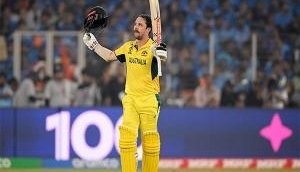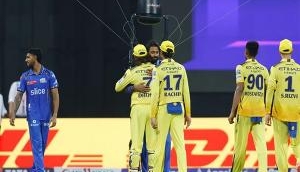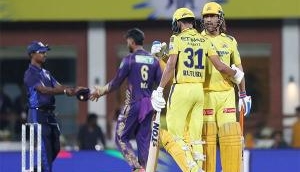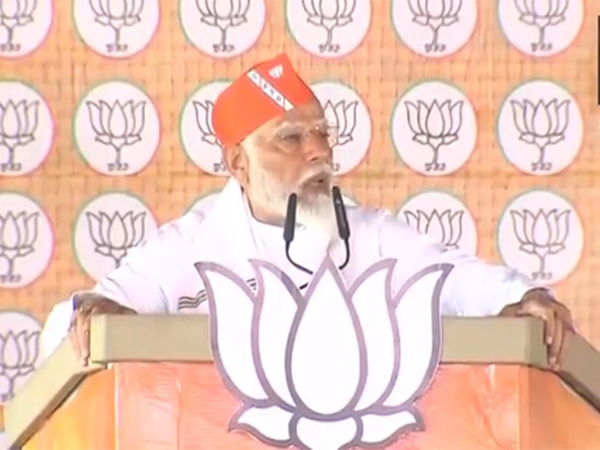Amal Dutta: The coach who shone like a diamond

When millions of Indians were eagerly waiting for the Euro Cup final, social media was abuzz with debates, one man silently walked away forever from the field - Amal Dutta, arguably the best football coach ever to grace the Indian football scene.
At 86 he was suffering from age-related illness for the past few months.
He also played for India during the Asian Games of 1954, but etched his name as India's best and first professional coach.
So what made Amal 'Diamond' Dutta so special?
Take for instance, the 'Diamond' system: It is a football formation (3-2-3-2) which has seen a success worldwide. Renowned football manager Carlo Ancelotti experimented with this formation when he worked with AC Milan (they won the Champions League in 2003 and came runners-up in 2005) and Chelsea.
Clubs like Benfica, Liverpool, Santos and Werder Bremen constantly saw success with this formation in the last decade.
Well, Amal Dutta introduced this system in India as early as 1997 when he coached Mohun Bagan, the country's oldest club, and we saw a spree of attacking games and success.
Dutta, a favourite child of controversy, used psychological tactics before matches. And can be termed maverick.
The best example is the derby clash on July 13, 1997. The match was attended by a record 131,000 people. Before the match, Dutta deliberately poked fun at Bhaichung Bhutia (then ace striker of East Bengal) calling him chung chung ( making fun of his ethnicity). When asked of Samuel Omello, the Kenyan defender of East Bengal, Dutta remarked "I would eat him like an omelette".
His rigidity as a coach often led him to lose his job. And he found more success coaching small clubs.
He led Tollygunge Agragami, a team full of youngsters win a cup, winning against start-studded big clubs. Then he coached Bhratri Sangha, a second division club in the Calcutta League, for one year. In that one year, the club graduated from second division to premier division.
"During the year 2000, when he was our coach in Bhratri, he used to organise a 30-minute pre-match training session, which was a first in Indian football. We were a bit surprised by this. However, when I went to watch the 2006 football World Cup, I saw that in international football all the teams have a pre-match practice session. This clearly indicates how he was modern in his outlook. Another surprise were the warm up exercises. It seemed more like training in Karate, than Football ", says Soumyajit Bhowmick, who was the then secretary of Bhratri Sangha.
"And he was extremely professional. I remember how he stopped coming to practice because once he could not encash his monthly cheque of Rs 40,000 due to some problem from our part. When I asked him later you should have told us the reason rather than being absent without citing any reason, his answer was - I expect professionalism from the club. This is my sole source of earning", Bhowmick adds.
Dutta's struggles can be understood by the career risks he took. In 1959, when he was in his late twenties, he resigned from his railways job to become a professional football coach. He sold his wife's jeweleries and went to England for a six-week coaching course by the Football Association (FA), where he got his training from Walter Winterbottom, the FA Director of Coaching and the first manager of England team.
He came back and started travelling to remote corners, armed with a projector and cassettes of world football (that he got from England), showing it to local residents, charging money. His motto - to make the game popular and earn some money so that he could support his family.
The man, who relaxed by playing tabla and reading everything from Shakespeare to Rushdie, once said: "Football was my passion. My dream was to start a football academy and groom youngsters and make them international class players."
He groomed many young players who went on to shine for big clubs. They will remember him for the lessons he imparted.
It will be difficult to fill up the void he has left behind.
First published: 12 July 2016, 1:49 IST






![BJP's Kapil Mishra recreates Shankar Mahadevan’s ‘Breathless’ song to highlight Delhi pollution [WATCH] BJP's Kapil Mishra recreates Shankar Mahadevan’s ‘Breathless’ song to highlight Delhi pollution [WATCH]](http://images.catchnews.com/upload/2022/11/03/kapil-mishra_240884_300x172.png)

![Anupam Kher shares pictures of his toned body on 67th birthday [MUST SEE] Anupam Kher shares pictures of his toned body on 67th birthday [MUST SEE]](http://images.catchnews.com/upload/2022/03/07/Anupam_kher_231145_300x172.jpg)


_251372_1280x720.jpg)
_251371_1280x720.jpg)


